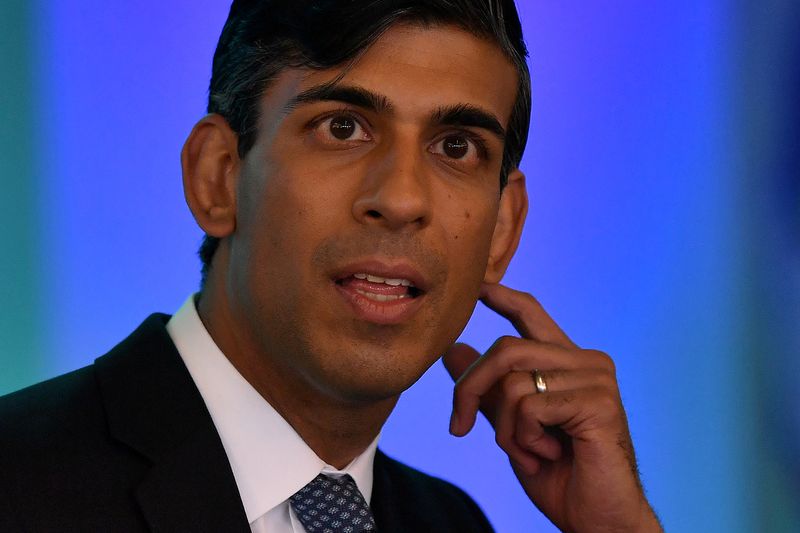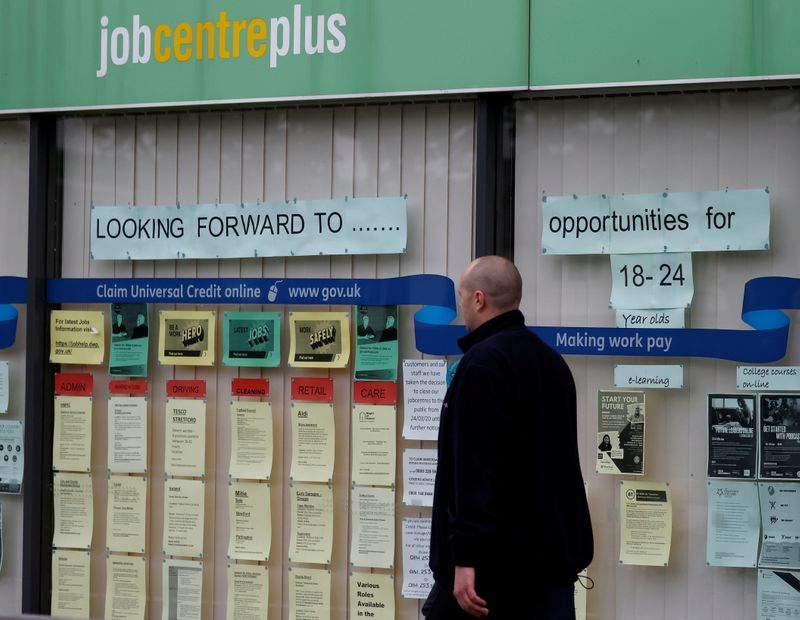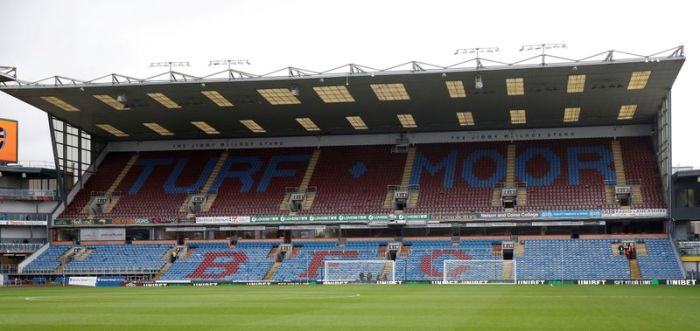LONDON (Reuters) – British finance minister Rishi Sunak will announce new plans to support jobs on Thursday, as fears mount of a surge in unemployment when an existing 52 billion pound ($66 billion) support programme comes to an end in just over a month.
Sunak has ruled out a wholesale extension of the Coronavirus Job Retention Scheme, which supported 8.9 million private-sector jobs at its peak in May, but a growing second wave of COVID-19 cases has piled pressure on him to announce a replacement.
“As our response to coronavirus adapts, tomorrow afternoon I will update the House of Commons on our plans to continue protecting jobs through the winter,” Sunak said in a statement on Wednesday.
Sunak will not now hold a full budget later this year, as previously intended, due to the economic uncertainty created by rising COVID-19 cases, which this week showed their biggest daily increase since May.
“No one wanted to be in this situation but we need to respond to it,” a finance ministry source said, adding that Sunak hoped to offer reassurance to workers and businesses.
On Tuesday, the government dealt a blow to the hospitality sector by ordering bars and restaurants to shut by 10 p.m., halving the maximum number of people allowed at weddings, and backtracking on calls for employees to return to offices, rather than working from home.
Curbs on socialising were likely to last another six months, Prime Minister Boris Johnson warned in a national address.
The BBC reported that Sunak would announce more financial help for people and businesses where jobs were at risk, probably through the form of wage subsidies for staff who return part-time, but would not target help at specific sectors.
Sunak previously said he would be “creative” in finding a way to support employment but has repeatedly stressed it will not be possible to save every job.
Johnson, facing a wave of questions in parliament about the future of the scheme earlier on Wednesday, said the government would do its “level best” to protect workers.
MILLIONS RECEIVING SUPPORT
The most recent official figures show around 5 million people were still relying on the job support programme for some or all of their income at the end of July, concentrated in the hospitality and entertainment sectors.
The Bank of England forecast last month that Britain’s unemployment rate would jump to 7.5% by the end of the year if there were no replacement for the scheme, up from 4.1% in the three months to July.
Business leaders, trade unions and the opposition Labour Party have all urged the government for weeks to continue support in some form and avoid a cliff-edge end to assistance.
Britain’s furlough scheme, which paid up to 80% of employees’ wages for staff who are not working, is due to expire on Oct. 31, sooner than similar programmes in other countries.
The Confederation of British Industry has called for Sunak to adopt a programme similar to Germany’s ‘Kurzarbeit’, which tops up the wages of staff whose hours are reduced.
Employers would cover the full wage bill for the hours staff worked, which would need to be at least half their normal hours. But the government would pay a third of the wage for hours not worked, while employers would also cover a third.
Jonathan Portes, professor of economics at King’s College London and a former chief economist at Britain’s Department for Work and Pensions, said this approach made sense for sectors such as hospitality that were operating below capacity.
But for sectors that looked set to stay closed – such as theatres and sporting venues – other assistance would be needed to ease furloughed staff into new jobs, he said.
(Additional reporting by Kate Holton, Michael Holden and Sarah Young; Editing by Stephen Addison, Alex Richardson and Rosalba O’Brien)
























